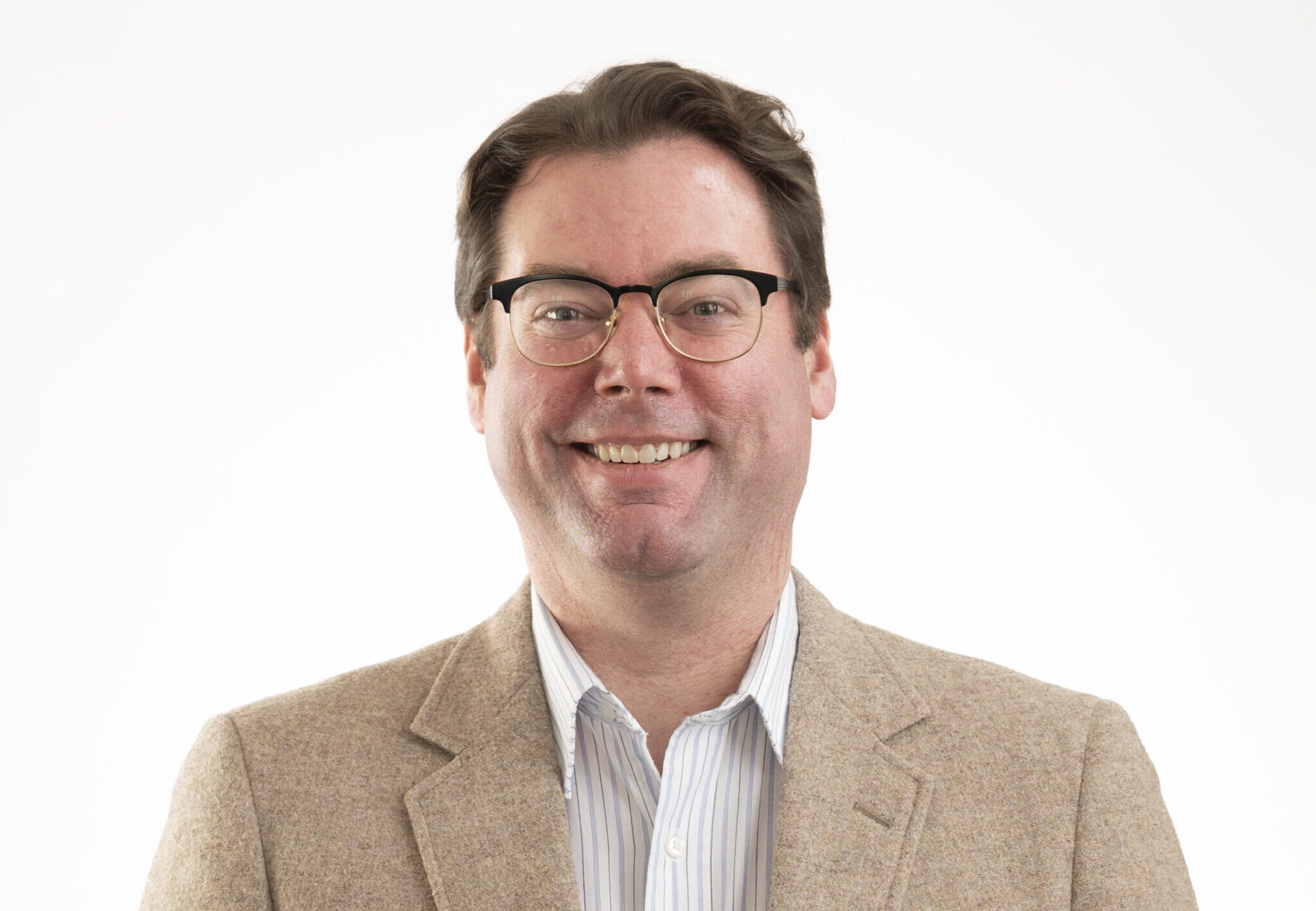Healthcare is most effective when it’s human. Storytelling helps with that.
What do you mean, “Storytelling?”
There’s a growing movement to acknowledge stories and storytelling as a part of healthcare. Most of this work, though, is paraclinical. In other words, stories are told outside of a healthcare setting about what happens in healthcare.
Stories can do so much more when we understand how powerful they are around and about the clinic, but especially in the clinic.
A story is different from all other forms of communication because of its structure. The structure all stories share can be learned and can be leveraged.
Whatever we have to communicate, this structure increases the efficacy and impact of our message.
Meet the Principal
Lance Brett Hall, MPH is a long-time chronic disease patient. When he contracted a hospital-acquired infection, his father was his advocate. Lance’s Dad saved his life by transferring him to a tertiary hospital, where the antibiotic-resistant infection was diagnosed and treated. After that, Lance dedicated his communications training and career to helping build a healthcare system that doesn’t need his Dad to get good outcomes.

Ideas from the blog:
Some thoughts by category:
Patient Experience
Stories help emphasize care from patients’ perspectives, which is not in one conversation, or even necessarily one health system, but a series of ongoing interactions.
Quality and Processes
Of all the factors that contribute to care and health outcomes, stories help us combine metrics to answer tangible questions: How did we get these outcomes? What are the best ways to get better outcomes?
Engagement
Patients are only one half of the stories being told in clinic. Deeper listening to the stories staff and healing professionals are telling is the first step in a commitment to helping them practice at the top of their license.
Health Equity
The ability to listen to the story being told, instead of the story we think someone is telling is difficult. Equity begins with the humility to listen to another person, not the notions about them in our own head.
Professionalization
There are stories healing professionals are explicitly told about their practice. There are also implicit stories they absorb. How do we deal with them both, in a way that is best for practitioners and for patients?
Events
These are announcements and recaps of events dealing with medical storytelling and improving care.
History
What are the lessons we can learn from history, and what can we learn about telling better stories in healthcare?
Personal
These are a collection of personal experiences from Lance and how it fits into the work MeaningWell does.
Thursday Review
In the sea of health and medical literature, what lessons can we draw?
Sign up for Methods for MeaningWell
Every month, get an analysis of current health news and actionable items in your inbox.


